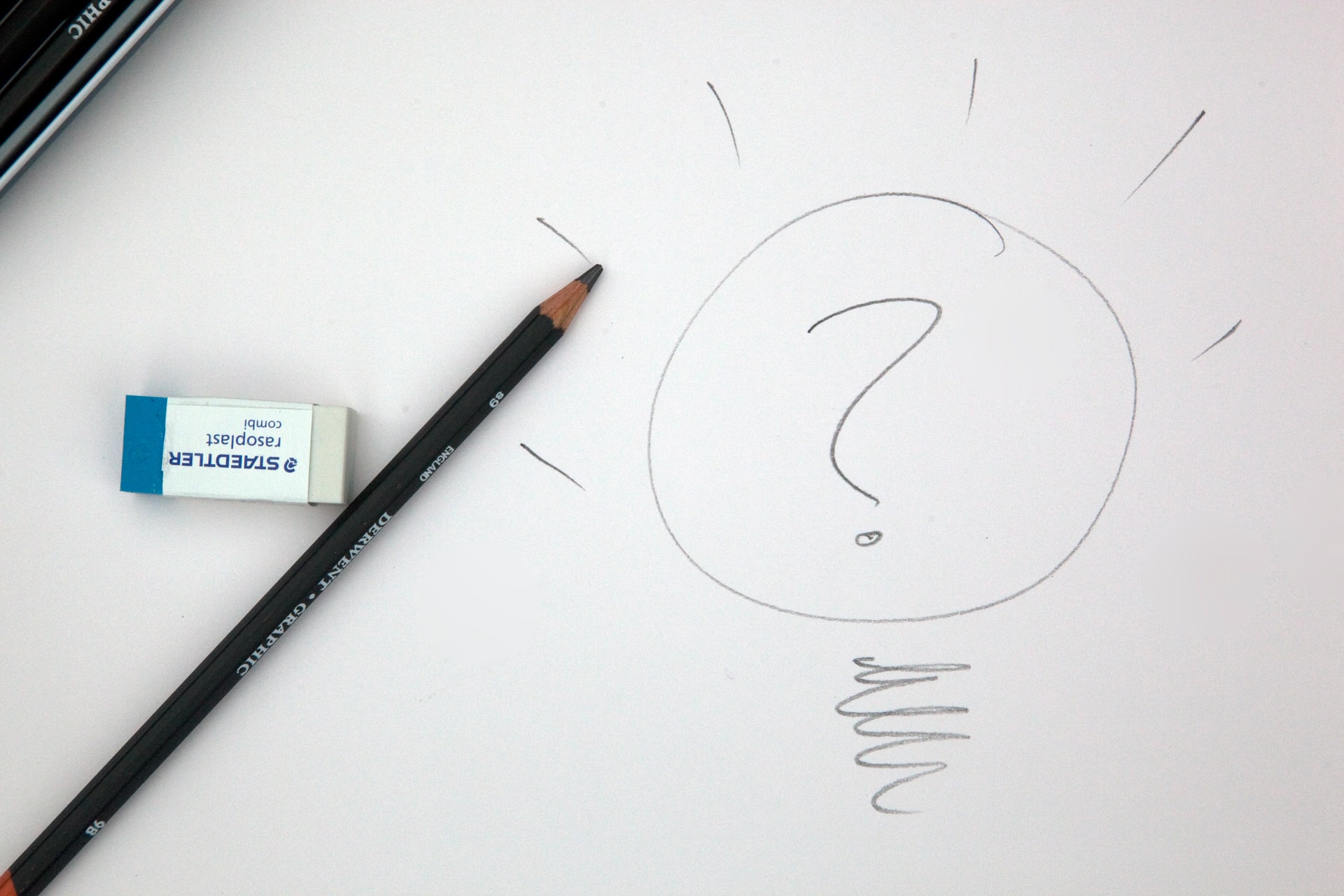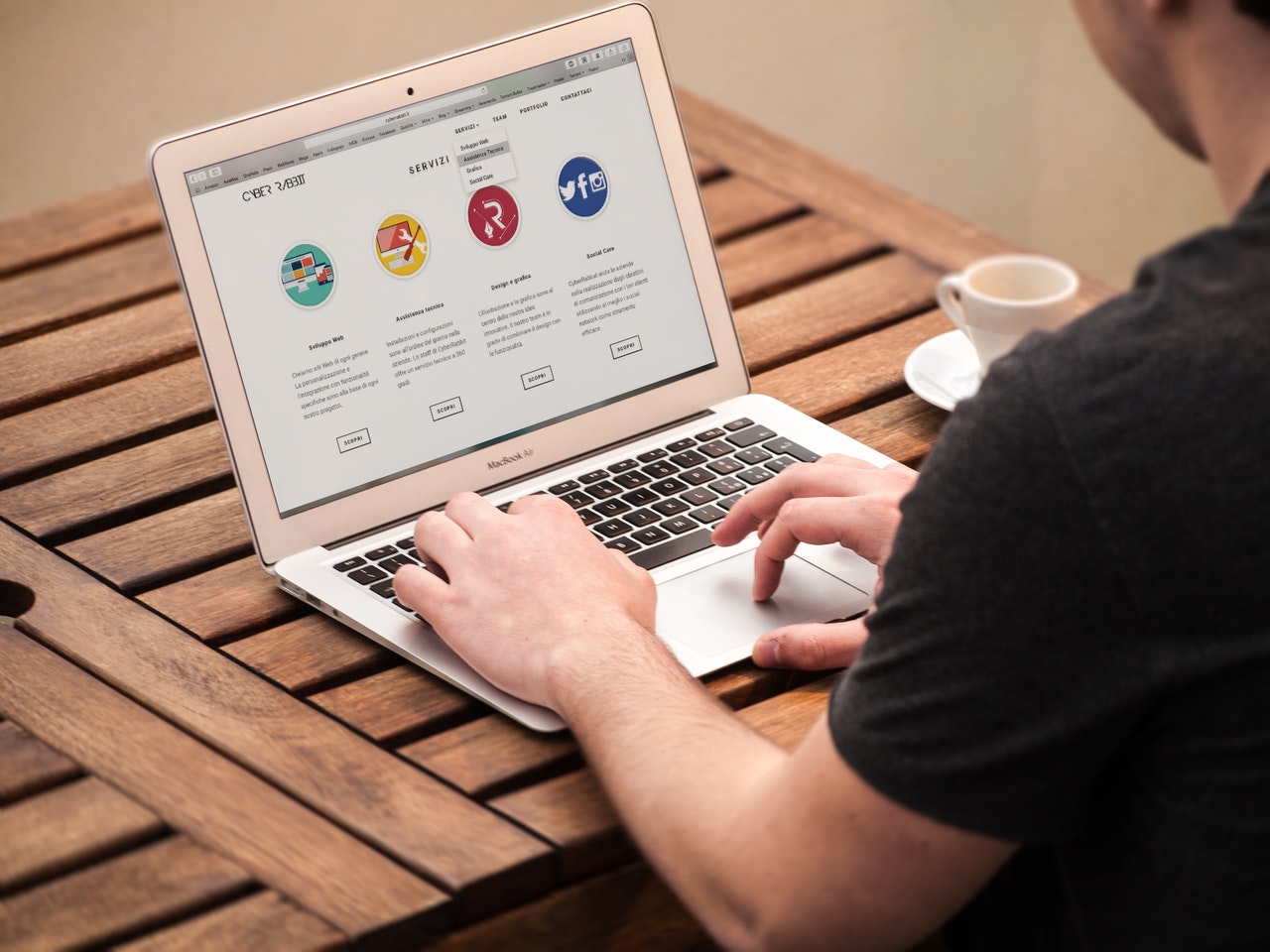There are ten elements that you need to consider for a great website. We have been developing websites for almost 20 years, and we have seen the good and the bad and the ugly. When there are frustrations with your website, it is usually due to one or more of these elements not working well. There might be some elements that are working well with your website and others that aren’t.
For example, the website could be hard to administer and maintain. Maybe the content is not easily structured and found by users. Maybe the website is not very user-friendly. Maybe there just aren’t people coming to the website in the first place. So there are lots of aspects to consider for a good website.
Let me break it down for you.
1. Purpose
The first element that you need to have clear is the purpose. What is the purpose of the website that you are building? Whether you are building a website from scratch or have an existing website, it is not too late to consider the purpose and write down a quick sentence or paragraph to be clear for you and your organisation.
When your website purpose is clear, then you may ask, “What do we need to change? What do we need to redesign? How might we need to restructure it?”
2. Audience
The second element to consider is the audience. Who is your main target for this website? There may be more than one target audience, but be clear on who your primary audience is and then your secondary audiences. This will heavily influence what you put on your website (content) and where it belongs (structure).
3. Source
When you consider your audience, you must also consider where your audience is coming from. You may think that they will just magically come from Google onto your page. Unfortunately it’s not usually that straightforward.
If you want to rank highly on Google and have people find you organically, you will need to put time into structuring your content well and consistently providing high quality and up-to-date content. Search engine optimisation (SEO) does take time and effort but will provide great gains in the long run.
You might have people come from your social media, and find your website that way. You may have referrals; members or clients or people in your organisation who refer their friends or others in their communities and networks to check out our website.
4. Outcomes
What do you want your audience to do from their experience on your website? What are the main things you want them to learn about your organisation and what they have to offer? Do we want them to meet you in person? Do you want them to fill out a form? Do we want them to download some information? Be clear on the end goals, in business speak, the call to action (CTA).
5. Administration
You need to consider not just your audience, but the administration of the site as well. Is it easy for your administrators and editors to update and maintain the website easily? Do they know what to do and have adequate training and support? Without this, your website will quickly become outdated which is no good for anybody.
6. Functionality
You also need to consider the functionality on your website. Does it have the right plugins and functionality such as forms, calendars or a media gallery?
7. Integrations
You probably have other digital systems and the key to benefiting from data with these is to set up integrations.
The more that you can integrate your systems together, the more value you will get from your systems and the more time you will save reducing data duplication.
For example, a contact form on your website can integrate with your relationship management, or a customer relationship management system. That way, you instantly can capture people’s contact details in your CRM or database. Then you can easily follow up with them and not lose their information in an email or scrap of paper.
8. Content
The information that is on your website must be relevant and up-to-date; the text, graphics, videos, whatever it is that you want them to learn and consume and understand about you and your offerings. Always make sure that the content is relevant and valuable to your visitors. Great content on the site will encourage audiences to re-visit your site again.
This will help you generate more outcomes and more opportunities for followers to share on their social media platforms.
9. Design
Design is one of the important elements of the website because this is how your audience will perceive your brand; how it looks, how it feels, how things are laid out. It is important to have consistency in the design because this will make your site look professional and provide authenticity.
Note: A good design helps you keep your visitors into your page.
10. User experience
The structure behind the content and design will lead to the overall user experience. This applies for both the front end and back end of your website.
Visitors will very quickly decide if they find your site useful and appealing within a few seconds, so you must consider the user experience.
This can be hard to do if you know your site well, so look at it like a first-timer or ask some other people to go through your site and give their feedback on the usability, how easy it is to navigate and find what they need.
There are the 10 elements for a great website. Which ones are working well for you? Which ones do you need to put more attention into?
It might just be that putting some attention into one or two of these things will help fix your website without needing to drastically revamp or rebuild. There will be times when it may be easier to restructure, redesign or go for a complete overhaul as well.
Reach out to Digital Team Coach if you would like to discuss any of these elements and we can provide practical help with your website too.





